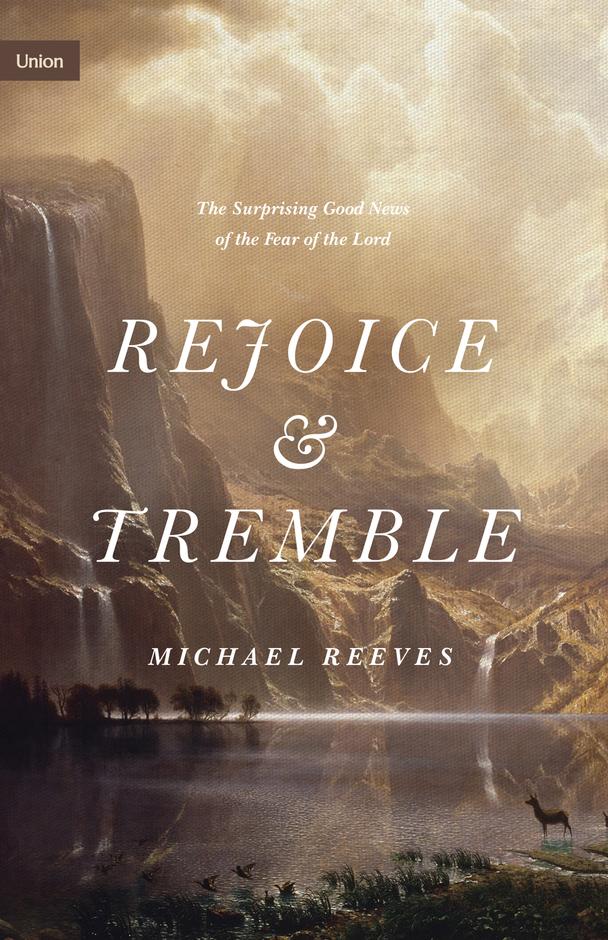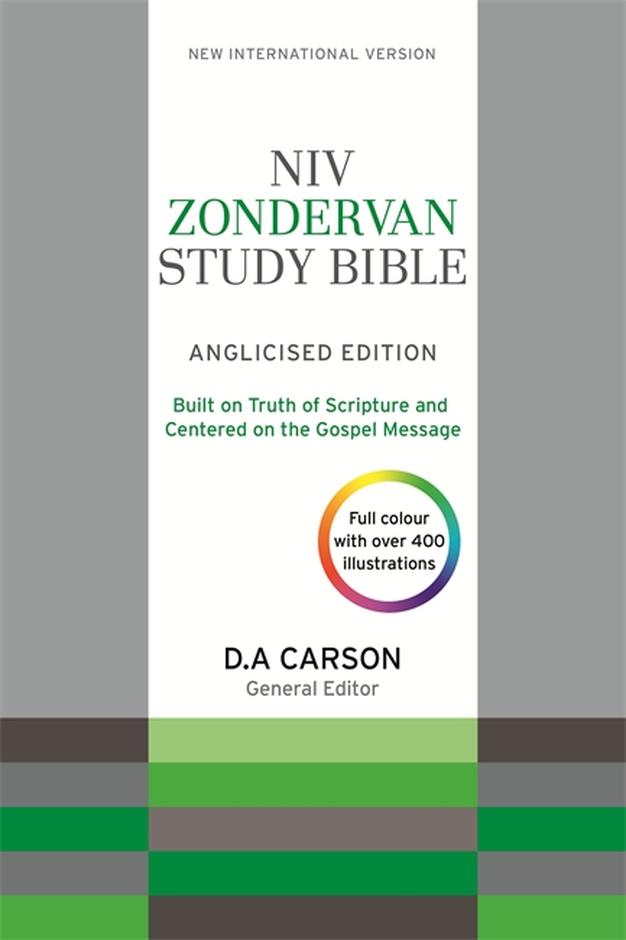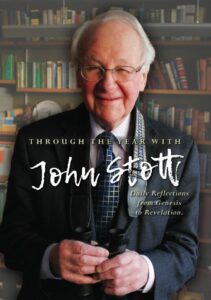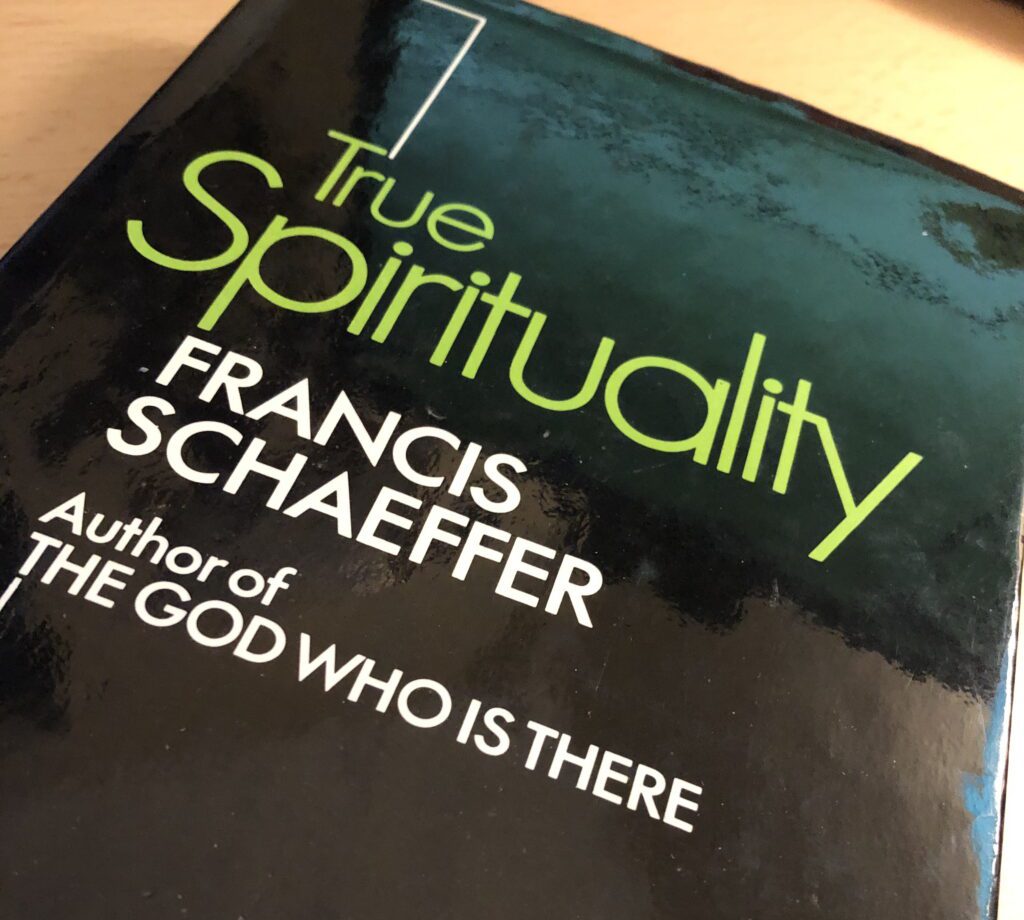Every so often a book comes along that really makes you sit up and think. As I said in recent video, there are a lot of average Christian books. Now there’s absolutely nothing wrong with average Christian books, in the same way there’s nothing wrong with an average meal: they keep us going and it may be exactly what we need at the time. But there are some books which go deeper and change our thinking. In my view, Rejoice and Tremble by Michael Reeves is one of those books.
What is the book about?

The book is subtitled: “The surprising good news of the fear of the Lord”. That’s what it’s all about – the fear of the Lord. It’s a topic we don’t spend enough time thinking about, and yet it’s a hugely important one. As Proverbs says, “the fear of the Lord is the beginning of knowledge” (Proverbs 1:7) (something I looked at here a few months ago).
But what exactly IS the fear of the Lord? Aren’t Christians told that we are now free from fear? As John says, “The one who fears is not made perfect in love” (1 John 4:18). So does that mean that love and fear are opposites? Reeves says that the two things go together:
My aim now is to cut through this discouraging confusion. I want you to rejoice in this strange paradox that the gospel both frees us from fear and gives us fear. It frees us from our crippling fears, giving us instead a most delightful, happy, and wonderful fear. And I want to clear up that often off-putting phrase “the fear of God,” to show through the Bible that for Christians it really does not mean being afraid of God.
The book proceeds by looking at different aspects of the fear of the Lord, and showing how it can be misunderstood, but also how important and good it is to fear the Lord.
What was the most striking think about the book?
The most striking / insightful thing about the book for me came near the beginning. Reeves starts the book by looking at how fear can be a negative thing – how we simply be afraid of God. This matters when we look for e.g. security:
When people, through misunderstanding, become simply afraid of God, they will never entrust themselves to him but must turn elsewhere for their security. In fact, it is when people have this confused fear of God that they turn to other gods.
When we are afraid of God, we don’t trust in him or his goodness. Events might seem terrifying to us, because we don’t trust in God to protect us or to work events for our good. In fact, if we don’t trust in God, we look to safety elsewhere and turn to other gods. Reeves quotes John Calvin:
When unbelievers transfer the government of the universe from God to the stars, they fancy that their bliss or their misery depends upon the decrees and indications of the stars, not upon God’s will; so it comes about that their fear is transferred from him, toward whom alone they ought to direct it, to stars and comets.
I thought this was a really profound observation. Our society at the moment is a very fearful society. People are very worried about death, and many people have observed that death is something we just don’t talk about. Whereas the taboo in Victorian society was sex, the modern 21st century taboo is death. People do anything to avoid the fact they are getting older (how many anti-aging products do you see advertised?). I think it’s interesting to compare our society’s reaction to the coronavirus pandemic with the way our society has reacted to pandemics of the past. In particular, I believe that these last few months have been characterised by fear in a way that hasn’t happened before.
Where does this fear come from – whether fear of aging, fear of death, or fear of illness? It comes from from being afraid of God: we don’t believe he has our best interests at heart, we don’t believe in his goodness. Therefore we turn to other gods.
What are the strengths of the book?
I think the book has many strengths:
- Michael Reeves is always an entertaining writer: that’s not to say it’s full of jokes! Rather, this is not a book of dull and dusty prose, but it’s brimming with life and love for the Lord.
- Reeves quotes from ancient writers a lot, including people such as John Bunyan (who wrote a book on the fear of the Lord). One of the things I really appreciate about his work is that it is ‘standing on the shoulders of giants’. I like to read books which are backed with insights from previous generations. It’s so easy to reinvent the wheel, but this book gives historical wisdom and insight.
- The book is not merely intellectual but deeply pastoral. What I mean by that is, this book will help you not just in knowing more about the Lord but loving him more. I’ll expand on this more in a moment.
- The book is not overly long – although there is a concise version available (see the end), I thought it wasn’t heavy in the way some theological books can be. I think it would be accessible to all thoughtful Christians.
Why is this book important right now?
As I read through the book, one of the things which struck me was that the ‘fear of the Lord’ was intimately related to a living and active faith in God. As I try to make clear at every opportunity here on Understand the Bible, the Christian life is not merely about knowing a set of facts, but living our whole lives with Jesus at the centre. The fear of the Lord encapsulates this perfectly – you can’t simply know about the fear of the Lord. You experience it.
This is a message which many writers through the ages have spoken – for example, one of my personal heroes, Francis Schaeffer. In the Western world at the moment we are undergoing a real crisis of faith – many people in the world know nothing about God. And, sadly, we see many people turning to other gods for safety and security, comfort, and many other things.
If we in the church desire to make an impact, we need to recover the important teaching of the fear of the Lord: we need to do more than know about God; we need to know him. We need to fear him – rightly. That’s why this teaching about the fear of the Lord is so important.
Concluding remarks
I think this is an excellent book, and I recommend it to every Christian. I think it could well become a book which I would be happy to add to my list of books to ‘renew your mind’!
There is a ‘lighter’ book called What does it Mean to Fear the Lord? which is a smaller version of Rejoice & Tremble, so if you want something which is a smaller read than you could try that. (It’s also a bit cheaper!) But I think most people could manage, and profit from, Rejoice & Tremble.
It is published by Crossway and you can buy it from there, or from 10 of Those.








